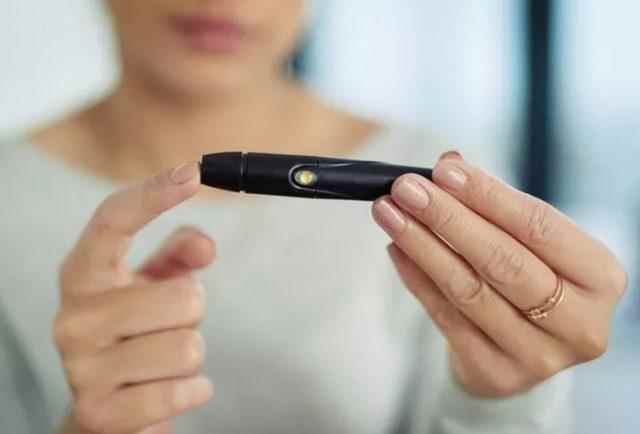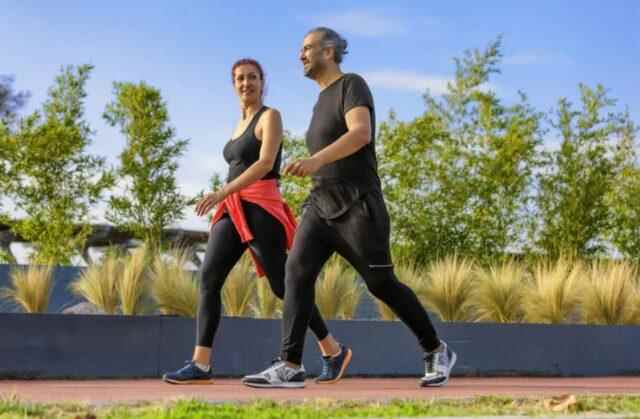High blood sugar is called hyperglycemia. Hyperglycemia indicates too much sugar in the blood. Hyperglycemia patients have increased considerably in the last 20 years due to unhealthy diet and sedentary life brought about by changing living conditions. The constant repetition of high blood sugar in both men and women threatens health. Diabetes is not the only cause of hyperglycemia, which is usually seen in diabetes. Medications, hormonal diseases, serious infections, pancreatic diseases, cortisone use, surgery and trauma can also cause an increase in blood sugar.
WHAT ARE THE SYMPTOMS OF HIGH BLOOD SUGAR?
- Constant hunger and thirst
- drinking a lot of water
- urination a lot
- blurred vision
- Headache
- Tiredness
- losing weight
- Recurrent vaginal and skin infections
- Slow healing of cuts and wounds
- dry mouth
- urinary incontinence
- darkening of urine color
THOSE AT RISK OF HIGH BLOOD SUGAR

- overweight people
- Those with type 2 diabetes in their family
- Some breeds are more at risk.
- Those with hyperlipidemia (high blood fats) and high blood pressure
- Those who had diabetes during pregnancy
- polycystic ovary disease
- Not using insulin and sugar-lowering drugs correctly or neglecting them
- Eating an excess of carbohydrates
- being very still
- very high stress
- Disease
WHAT DOES HIGH BLOOD SUGAR CAUSE?

- Cardiovascular diseases (occlusion of the heart vessels and atherosclerosis)
If high blood sugar continues for a long time, it can damage the nerves. In this case, the patient develops neuropathy. The sensitivity of the nerves of these people is reduced. They may experience numbness in some parts of the body.
- High sugar levels can damage the kidneys. In patients with high blood sugar, excess sugar is excreted in the urine. A kidney failure called diabetic nephropathy may develop.
- Blindness may develop in the future as a result of damage to the retinal vessels in the eye.
- Cataract disease may develop in the eye.
- There may be long-lasting foot wounds as the blood flow to the feet is reduced. Sometimes the toes may need to be amputated.
- High blood sugar can cause weakening of bones and joints.
- Tooth and gum infections are common.
THINGS TO DO TO REDUCE SUGAR HIGH

- Regular measurement of blood sugar. There are devices that measure blood sugar with a drop of blood from the finger. Having one of these makes it easier to monitor blood sugar regularly.
- Increasing physical activity. In this way, it is easier to use sugar in the blood and it is possible to lose weight.
- It is appropriate to reduce the amount of carbohydrates consumed in the diet, to reduce the portions and to have snacks that do not cause hyperglycemia.
- If the oral antidiabetic you use is not enough to control your blood sugar, your doctor will change your medicine. Similarly, the insulin dose will be adjusted.
- Stress hormones have the effect of raising blood sugar. Those with hyperglycemia are advised to get enough sleep and meditate.
- Losing weight can reduce the need for medications.
- Patients with Pre-Diabetes can delay the development of the disease by reducing carbohydrates and losing weight.
- Be alert for signs of high blood sugar
- It is important to keep the blood pressure at a normal level.
- It would be good to have hemoglobin A1C checked every 3-6 months.
